July 2025 Craft: Bird Plaque
By Major Harryette RaihlDivisional Women’s Ministries Secretary – Southern California Division Items Needed: Instructions: Cut to size and paste designed paper onto wooden inside frame (see in photo). Add flowers, …
Salvation Army USA Western Territory Women's Ministries
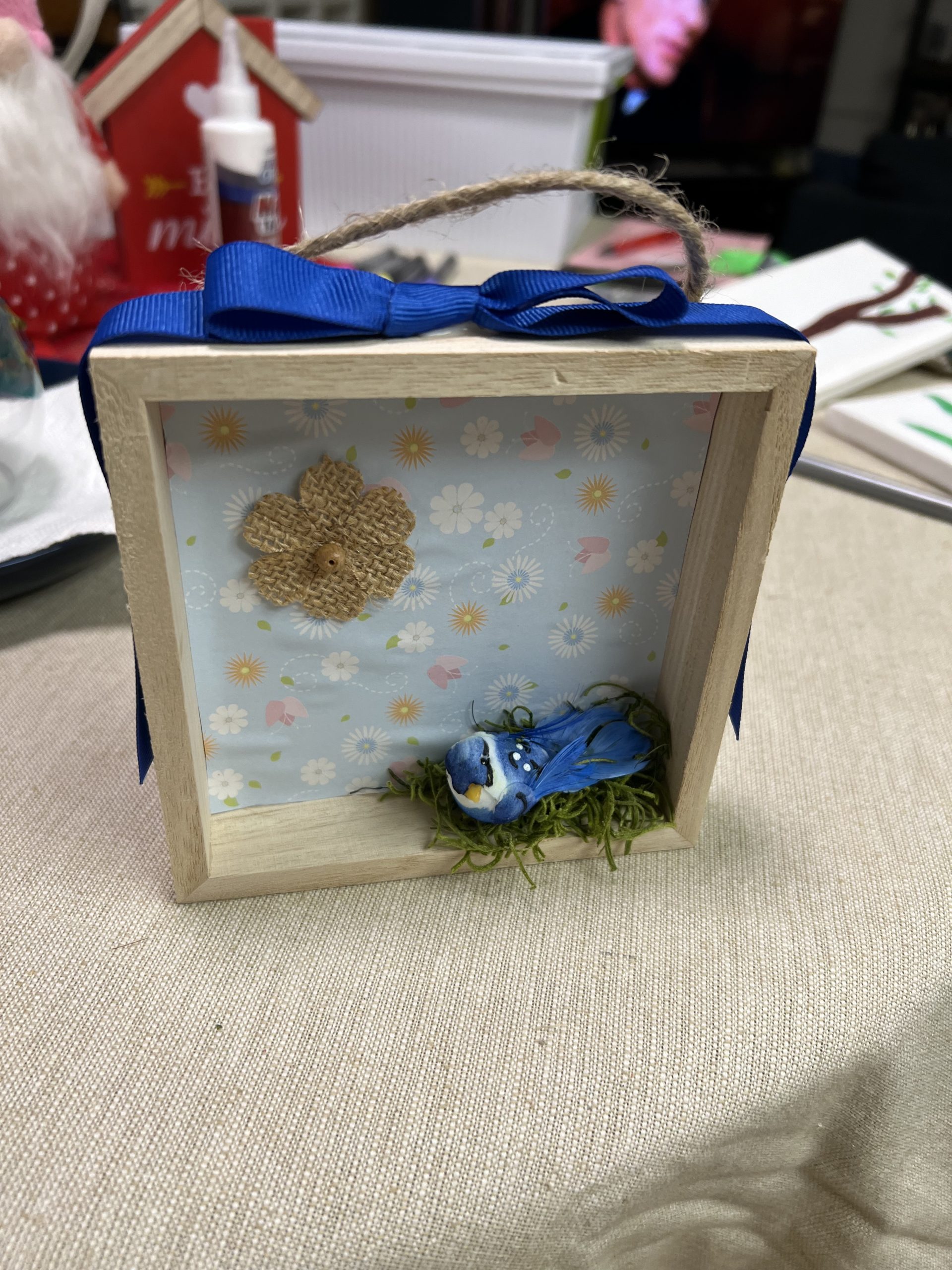
By Major Harryette RaihlDivisional Women’s Ministries Secretary – Southern California Division Items Needed: Instructions: Cut to size and paste designed paper onto wooden inside frame (see in photo). Add flowers, …
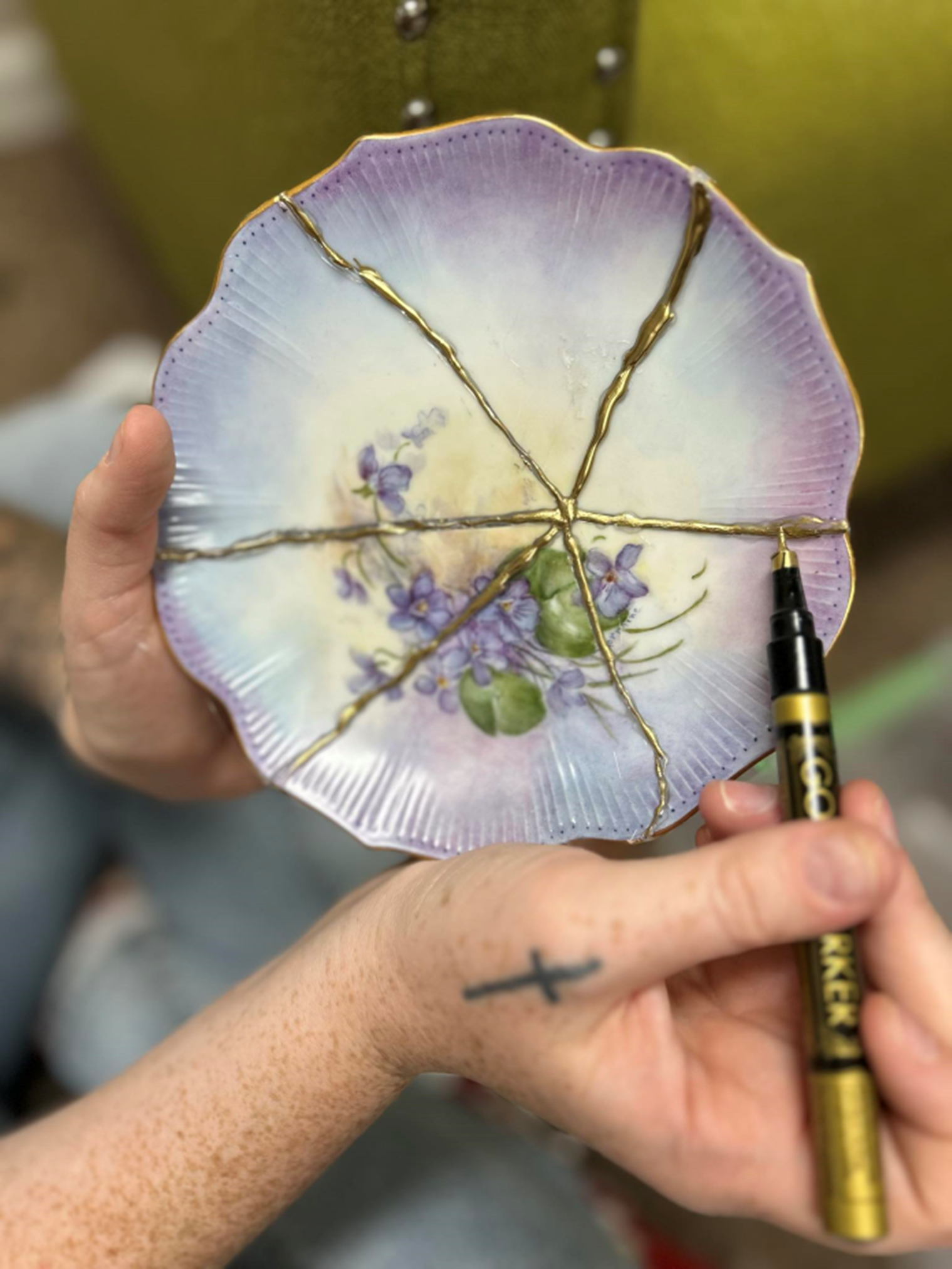
By Major Tammy Ray, Sara Ray and Carol WorldRedding, CA Corps – Del Oro Division Kintsugi is an artistic technique of repairing broken pottery in a way that enhances imperfections …
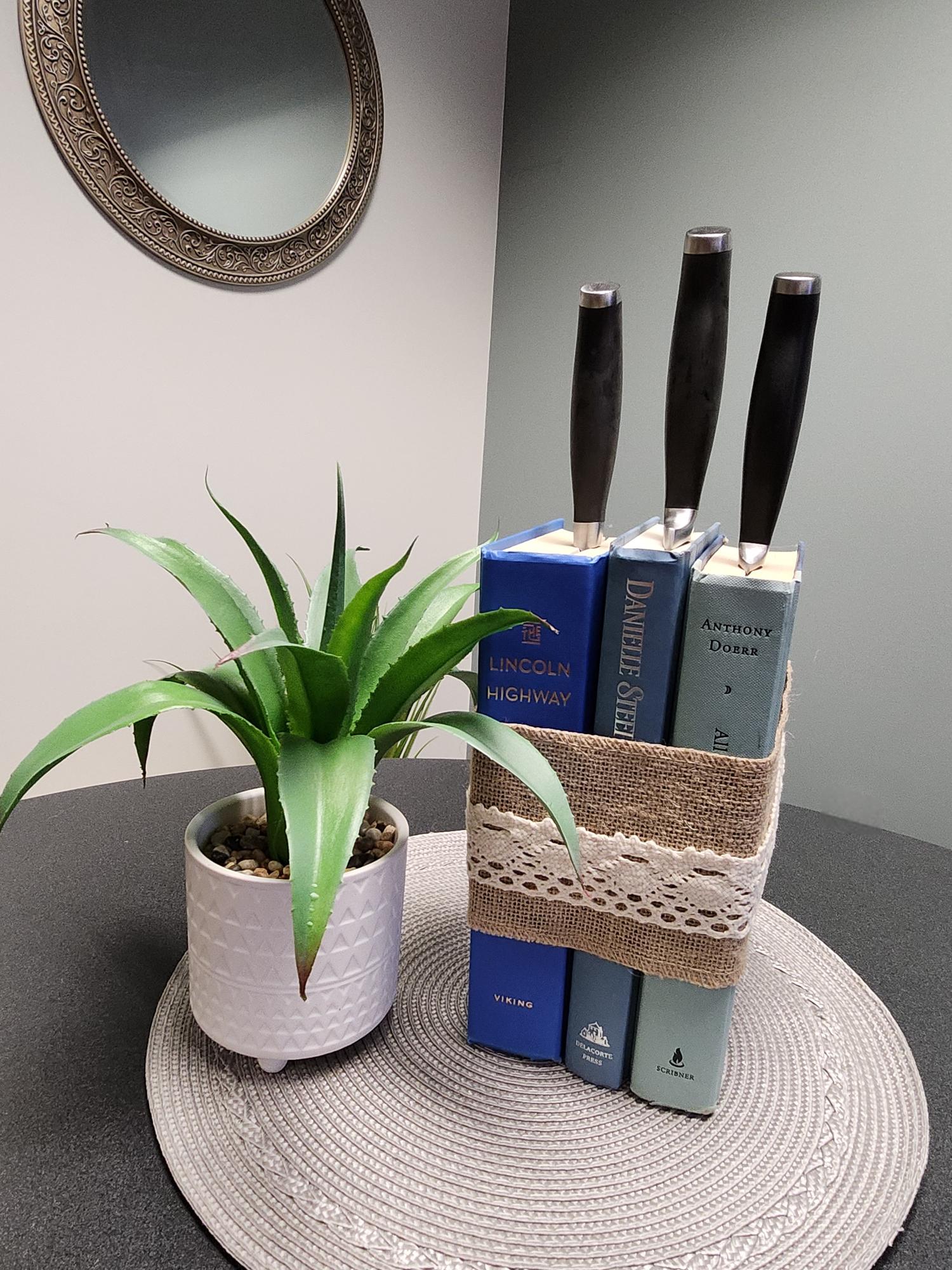
By Lt. Colonel Noelle NelsonDirector of Special ServicesAdult Rehabilitation Centers Command Instead of throwing out your old hardback books, rescue them from the trash heap and make a knife block! …
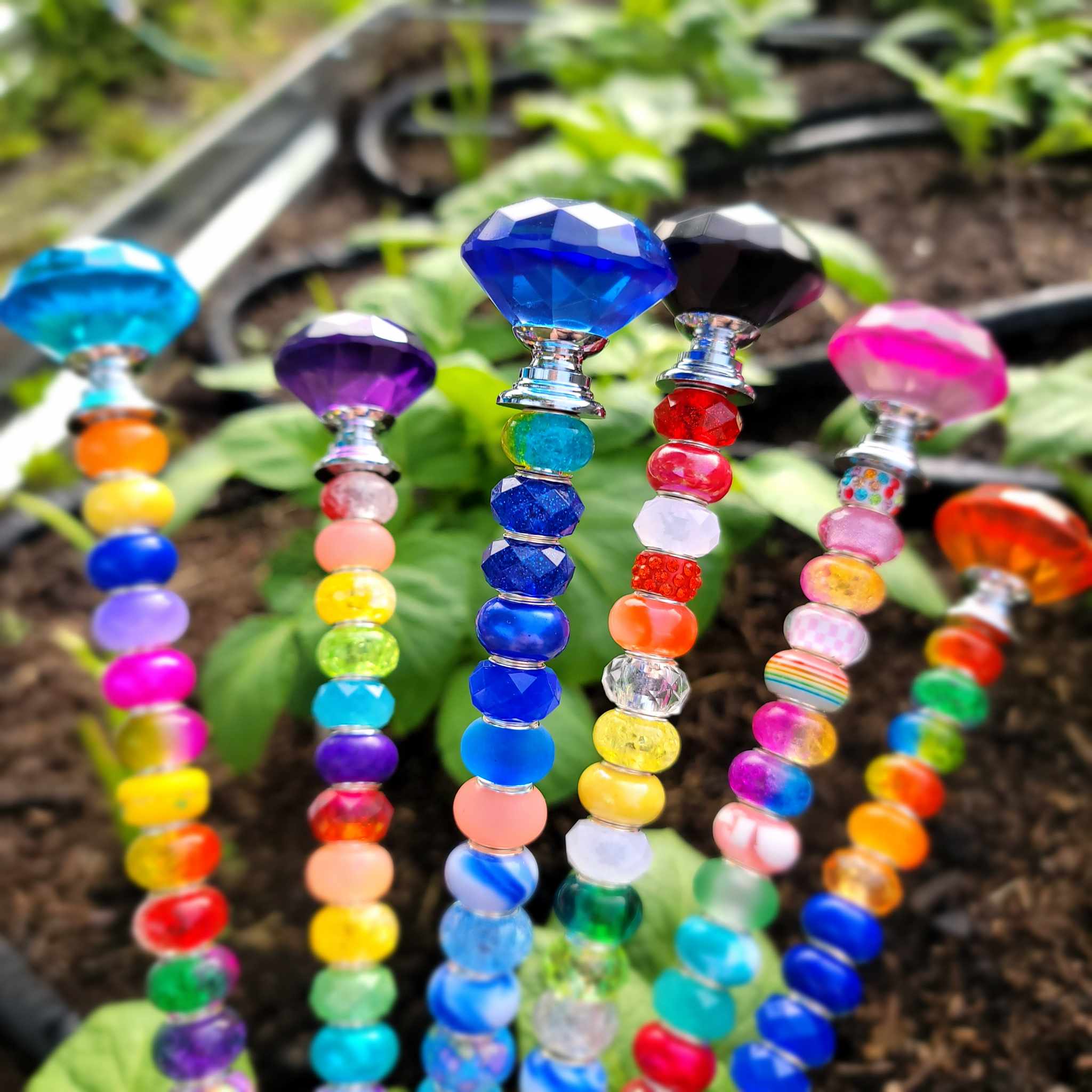
By Captain Gin PackCentralia, WA Corps – Northwest Division Although the primary focus of Victory Gardens was to produce food. They were also a place to showcase deep pride for …
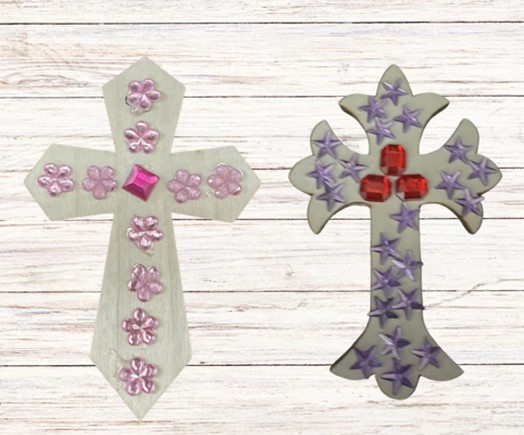
By Captain Jan PembertonDivisional Women’s Ministries Secretary – Cascade Division Materials Needed: Instructions: Step 1: Use either your Cricut, Exacto knife or sheers to cut out a predetermined pattern. This …
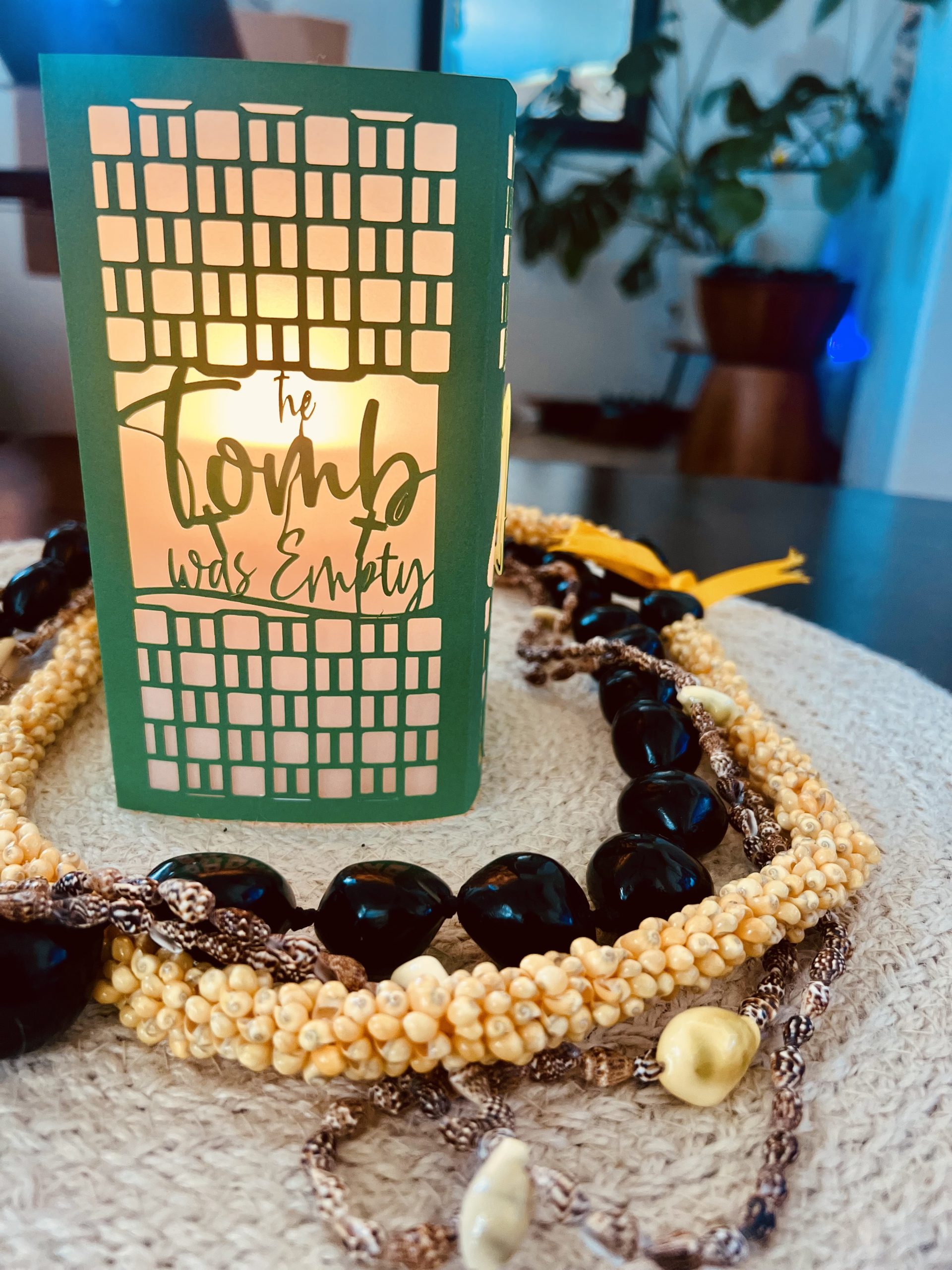
By Major Lynn StewartKapolei Kroc, HI – Hawaiian and Pacific Islands Division This Easter craft is not only a beautiful centerpiece, but it’s also a perfect visual for devotional purposes. …
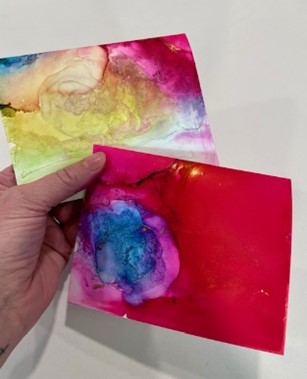
By Captain Aimee DochertyIntermountain Division For we are God’s masterpiece. He has created us anew in Christ Jesus, so we can do the good things he planned for us long …

By Captain Serina WoodsHaines, AK Corps – Alaska Division Supplies Needed: Directions: Before craft preparation Step 1: Print out hearts – one large and one small for each person (Pattern …

By Major Peggy Helms, Riverside, CA Corps& Major Angela Strickland, Divisional Women’s Ministries Secretary – Golden State Division For you created my inmost being; you knit me together in my mother’s …
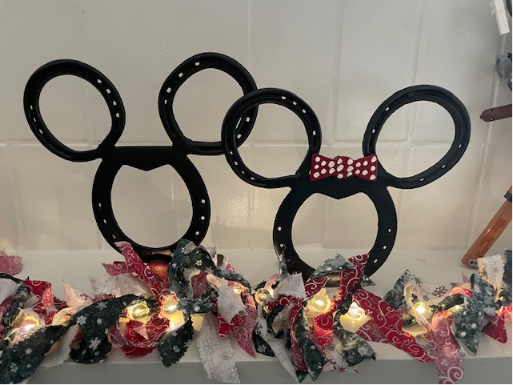
By Major Jessyca CarrEducation OfficerCollege for Officer Training There are so many different combinations of fabric or ribbon and lights; you can check out YouTube for other options. Using fabric …
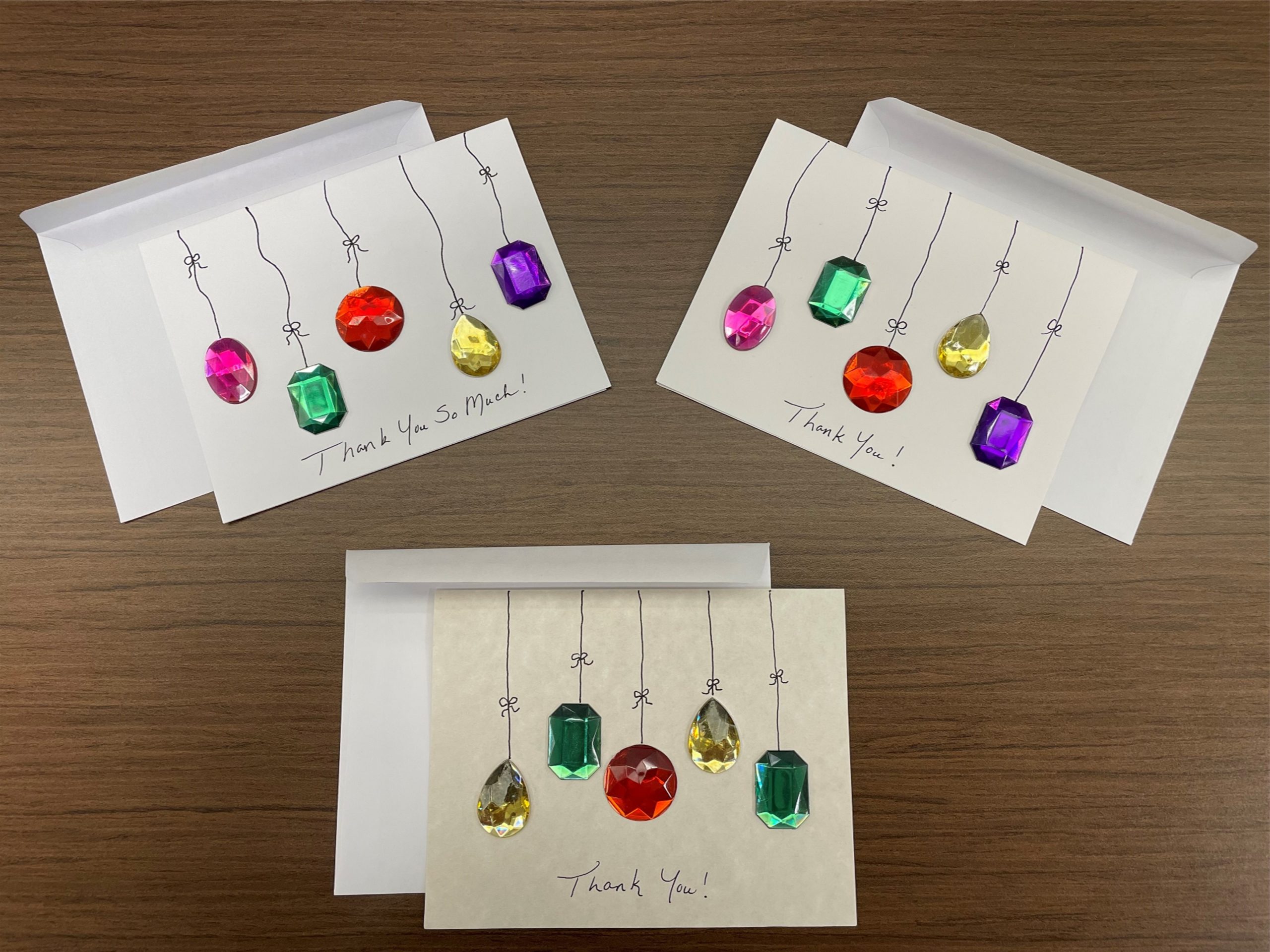
By Margaret GriecoTerritorial Women’s Ministries Department Philemon 1:4-5 – “I always thank my God as I remember you in my prayers, because I hear about your love for all his …
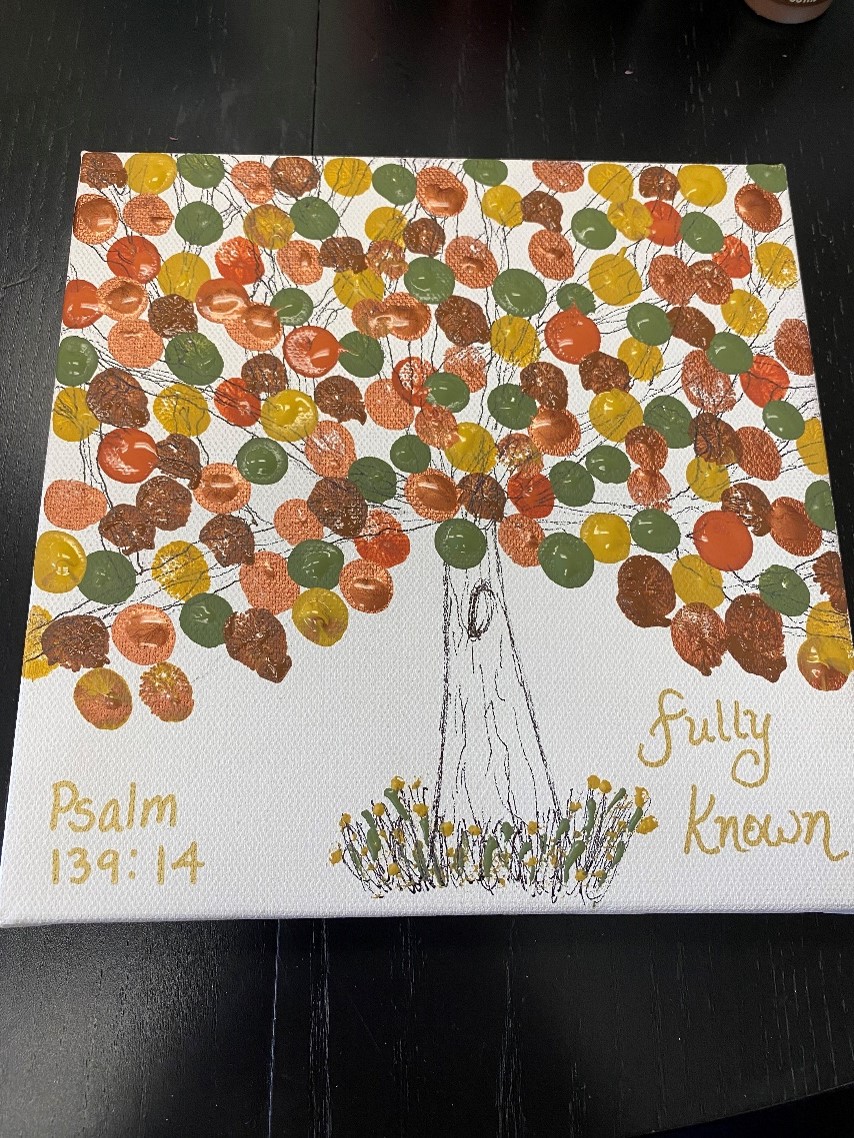
By Major Gaylene YardleyDivisional Women’s Ministries Secretary – Southwest Division This craft is a tree with all the lady’s fingerprints as leaves in fall colors. You can make one print …
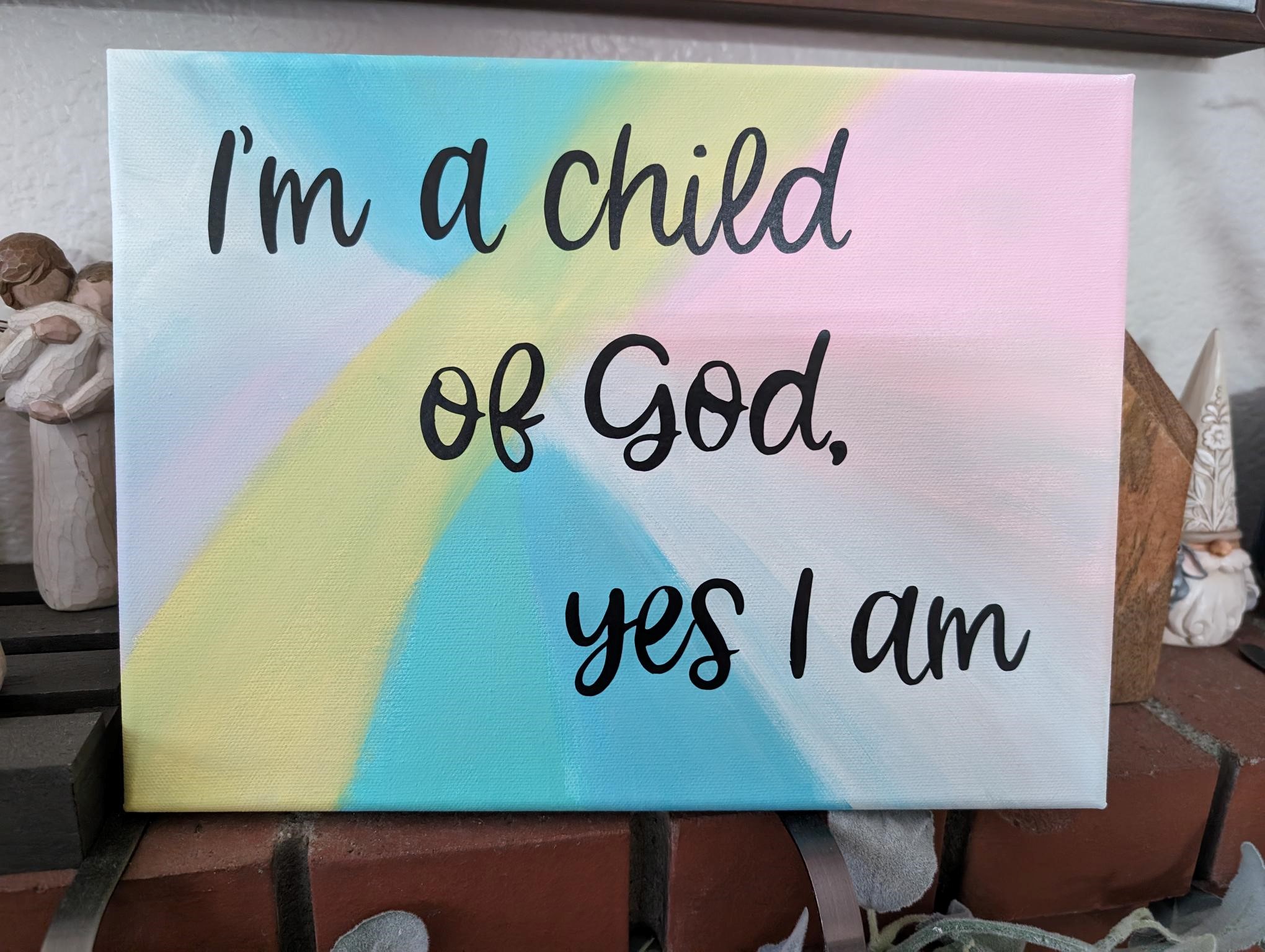
By Captain Leilani ArmendarizHemet, CA Corps – Southern California Division This craft coordinates with this month’s devotional: His Precious Child. Directions: While you are crafting, enjoy these songs, reminding you …

By Lt. Helen ReyesWomen’s Ministries Executive Assistant – Del Oro Division Haku Lei Making – A Hawaiian Crown of Flowers A haku lei, or lei po’o is a lei made …
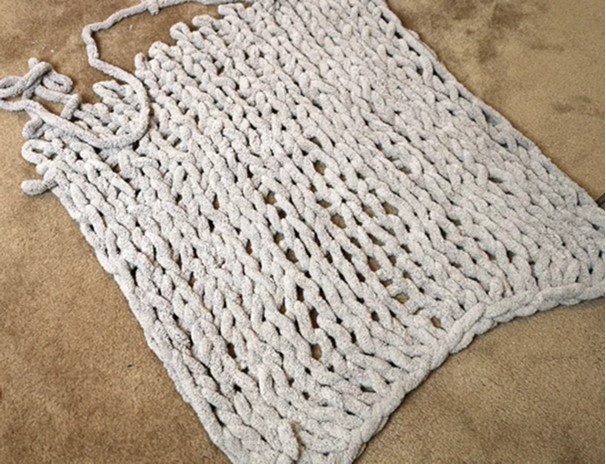
By Captain Jan PembertonDivisional Women’s Ministries Secretary – Cascade Division This is a perfect craft for those like me who have trouble with traditional crocheting or knitting. This project is …

By Major Tina BottjenMat-Su Valley, AK Corps – Alaska Division “Welcome one another, therefore, just as Christ has welcomed you, for the glory of God.” Romans 15:7 (NRSV) Materials needed. …

By Major Gaylene YardleyDivisional Women’s Ministries Secretary – Southwest Division Note: This craft coordinates with this month’s devotional and Bible Study. Supplies Needed: Everyone will carve a cross, heart, Bible …
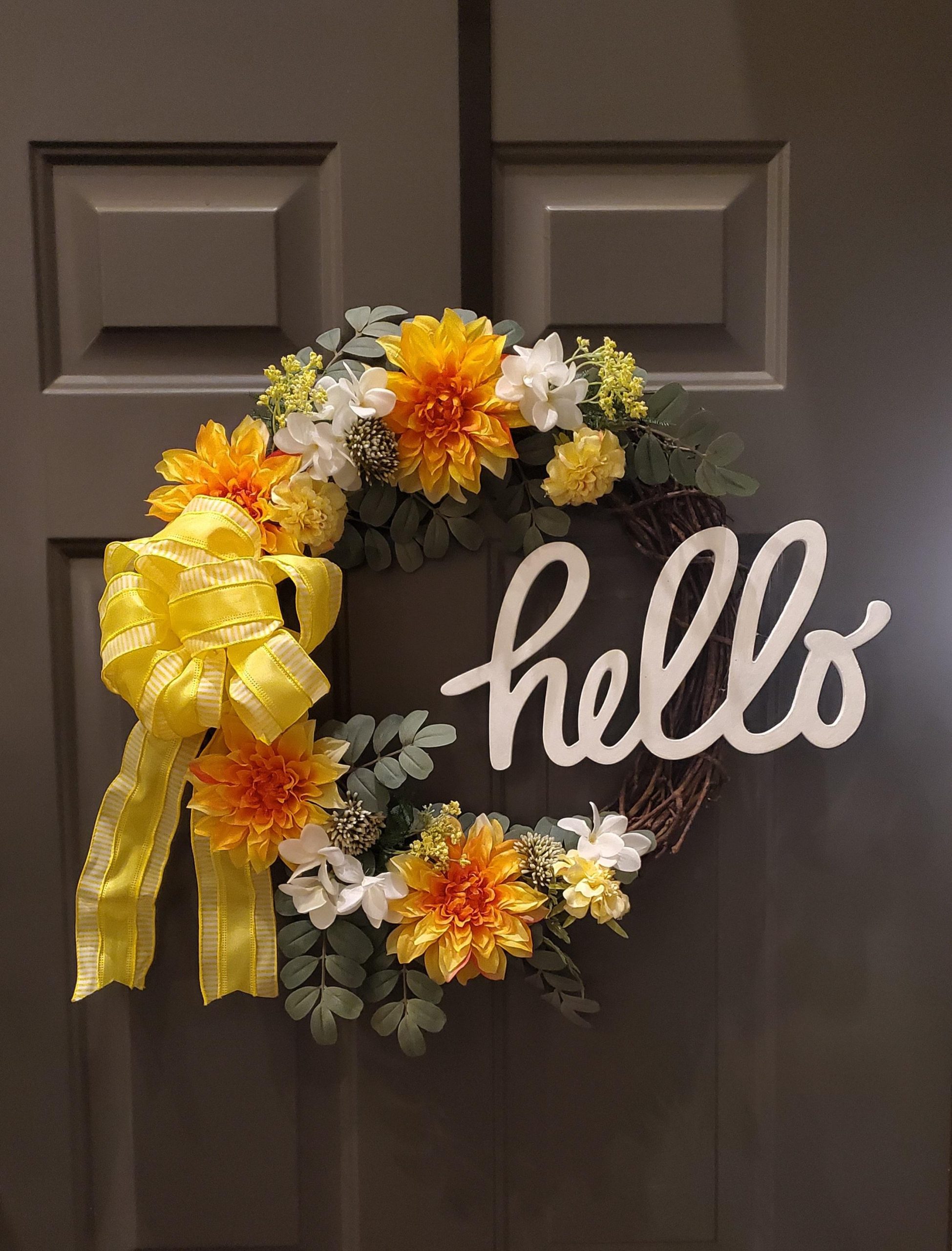
By Lt. Katherine HernandezSalinas, CA Corps – Golden State Division As we discover the power our tongues have and identify ways in which we can better control it, let us …
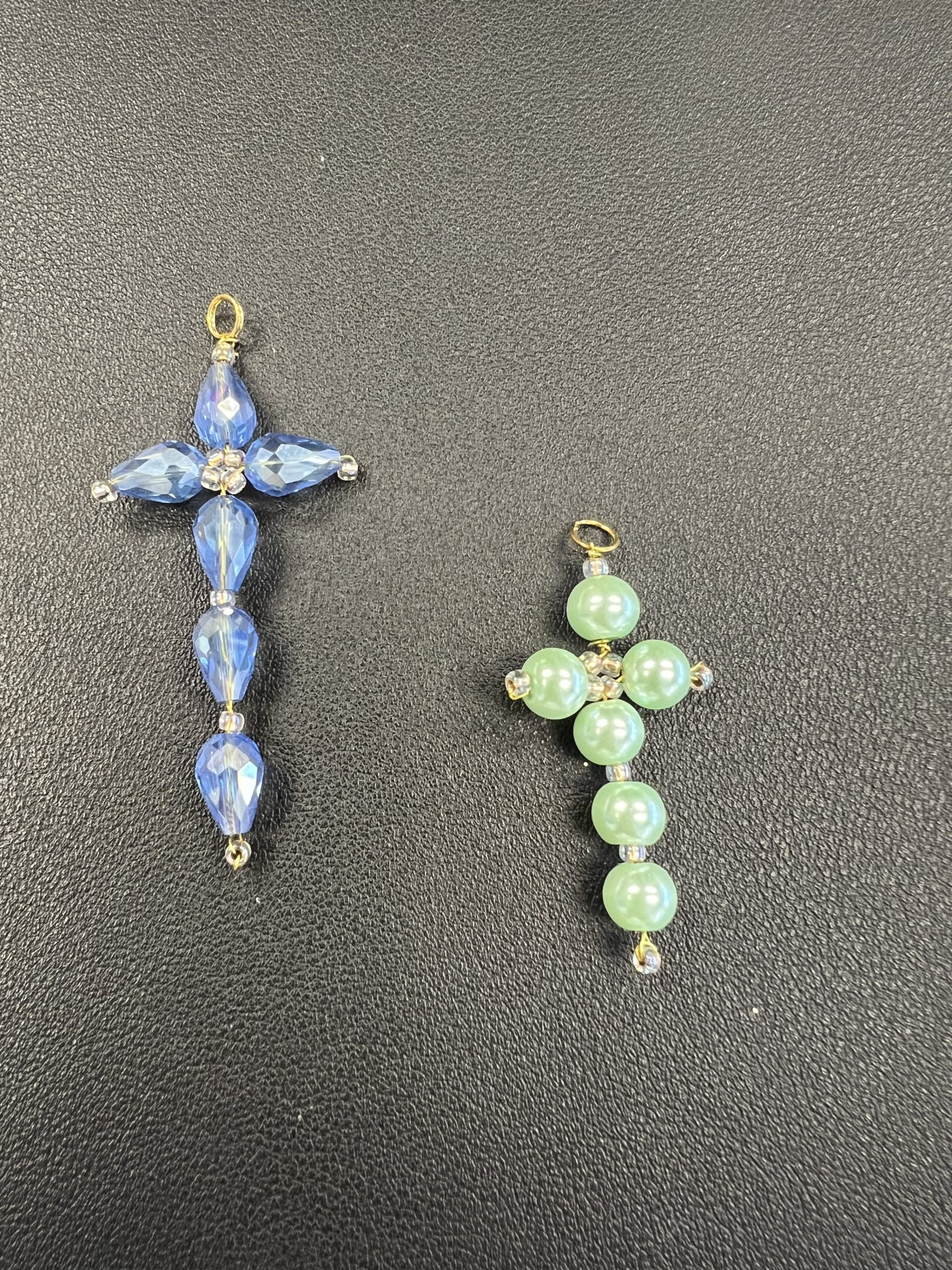
By Major Harryette RaihlDivisional Women’s Ministries SecretarySouthern California Division Supplies Needed:(6) 6 mm beads (smaller beads or larger beads vary the size of the cross)(10) spacer seed beadsGold/silver jump ring …
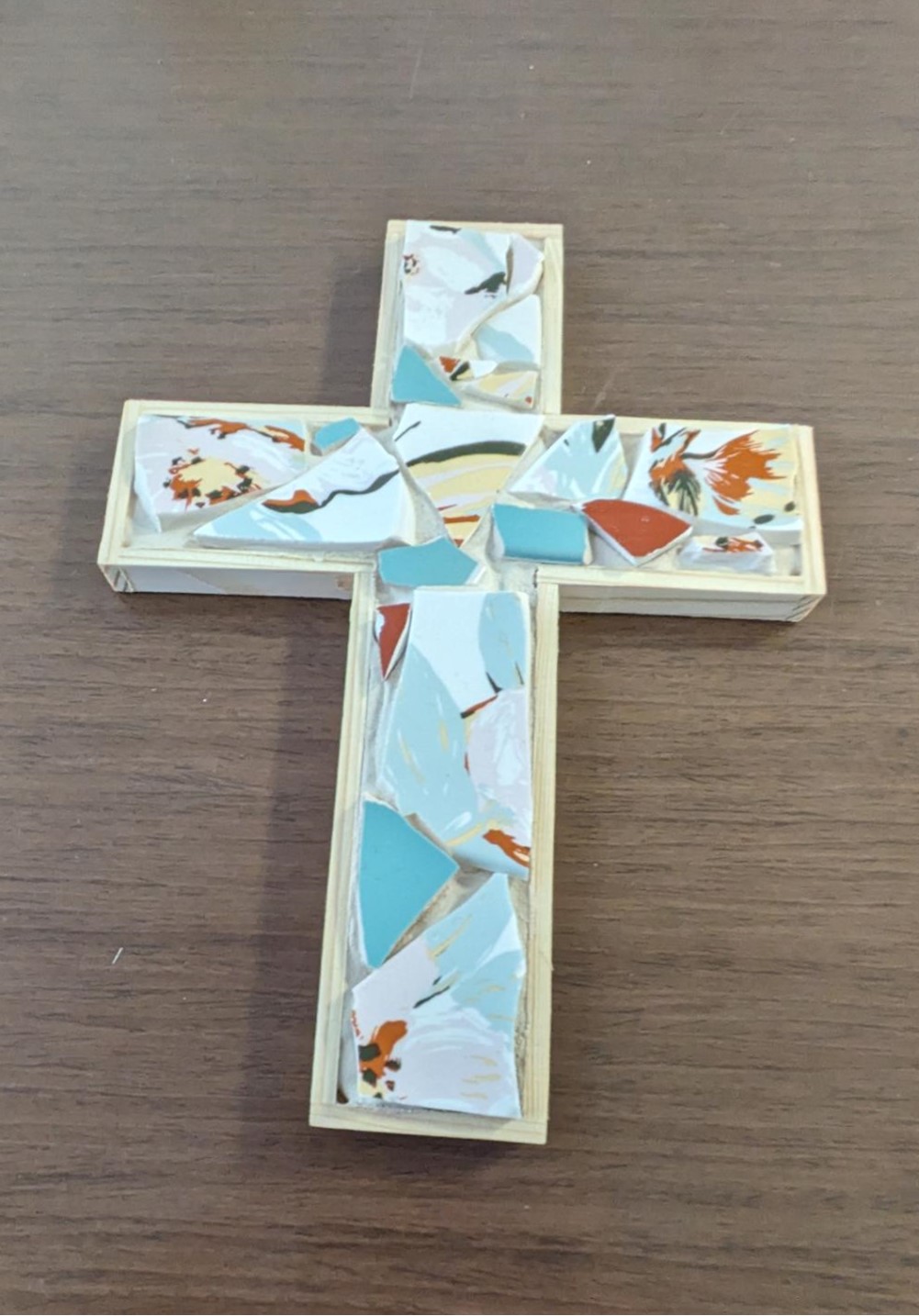
By Margaret GriecoTerritorial Women’s Ministries Department “That I may know Christ, and the power of His resurrection, and the fellowship of His sufferings…being conformed to His death.” Philippians 3:10 Beauty …
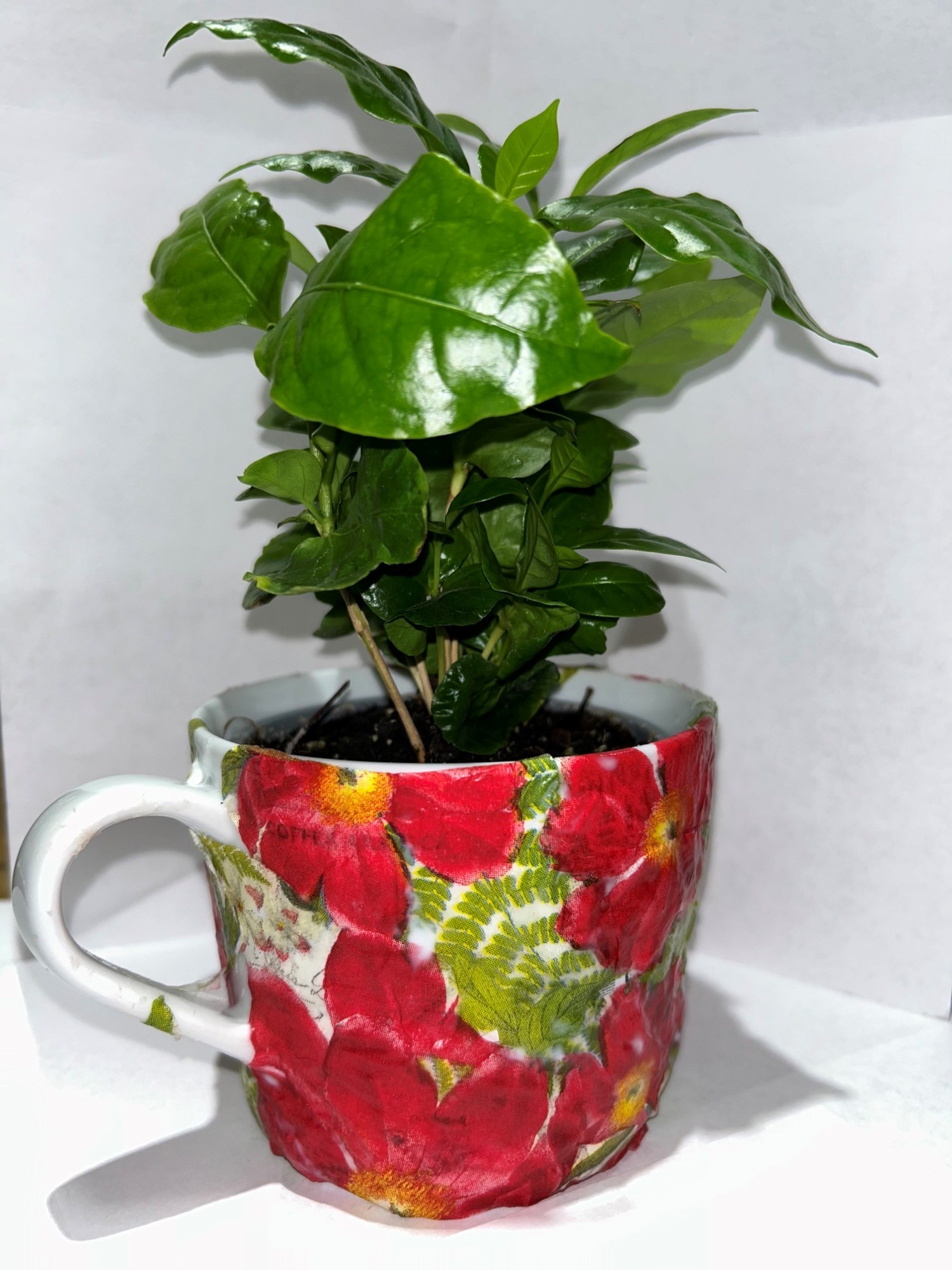
By Captain Hilda ParksRenton, WA CorpsNorthwest Division A great way to unplug is to craft. Here is an easy craft that you can make and enjoy during your “unplugged” times. …
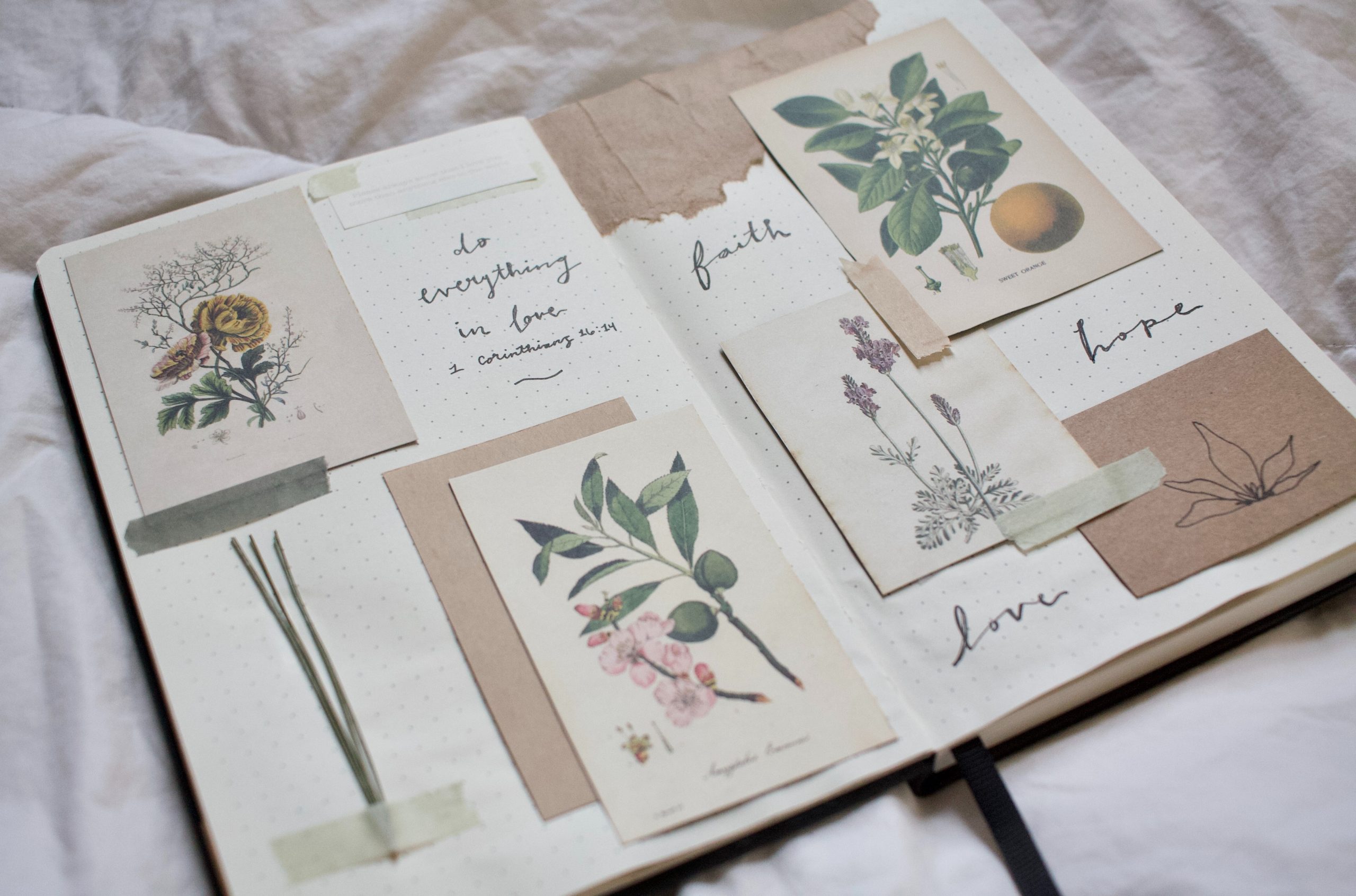
By Major Stacy CrossDirector of Education & Continuing EducationCollege for Officer Training Journal Pages Journal Cover Use scrapbook paper or any heavy weight decorative paper to make cover. Be creative! …
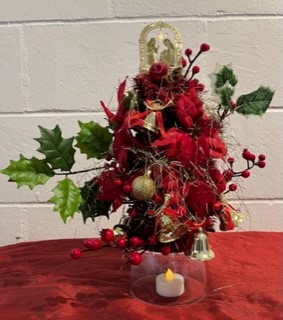
By Major Jasiel TumaleGuam CorpsHawaiian & Pacific Islands Division Materials: Directions:1. Glue the pinecone in a clear bowl.2. Decorate the pinecone with assorted Christmas ornaments.3. Turn on the tea light …

By Captain Jennifer SwainAdministrator of ProgramSan Diego, CA Adult Rehabilitation Program Supplies*: *Most supplies can be purchased inexpensively at Amazon or the Dollar Tree! How to… Cover your surface with …